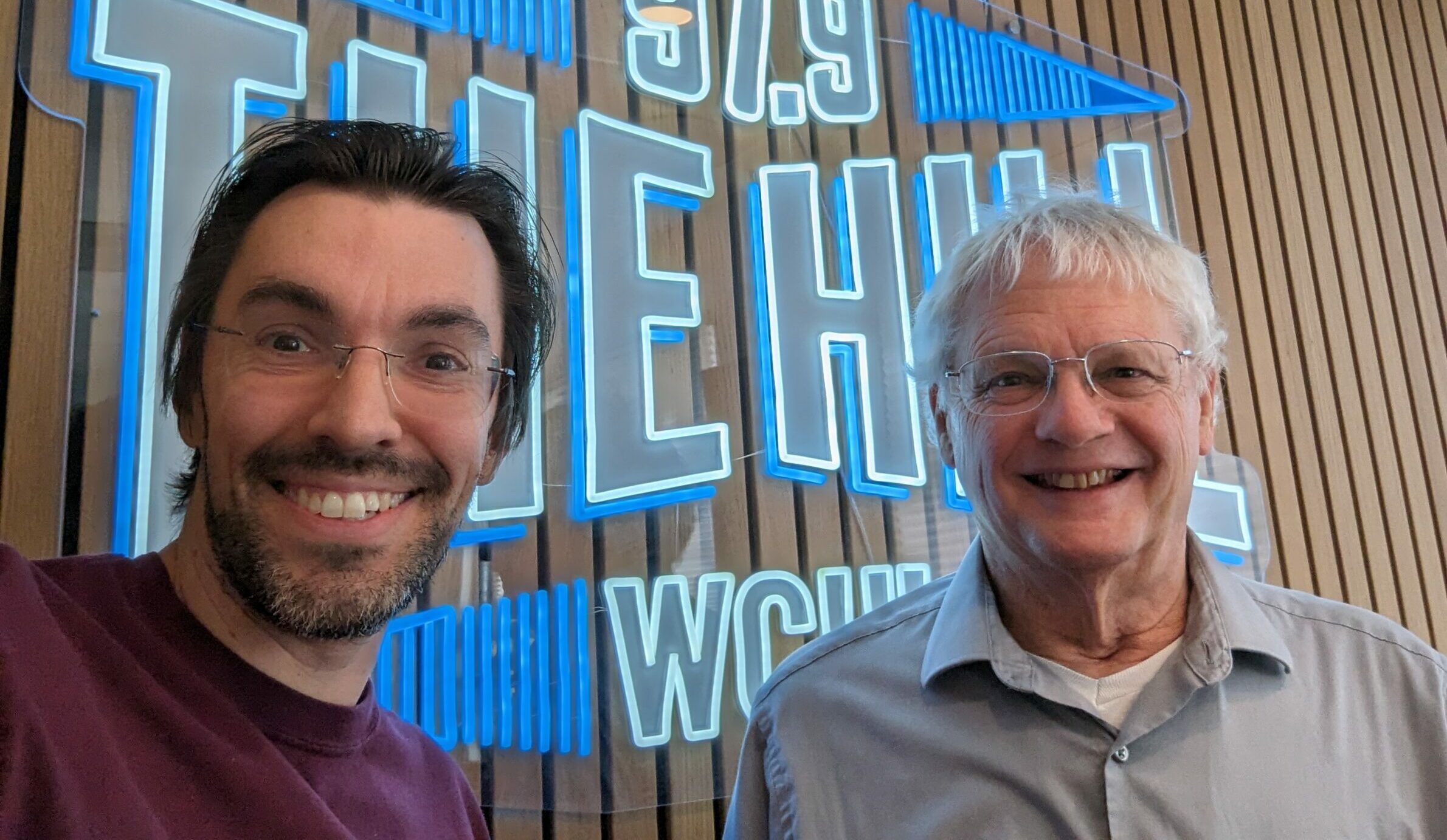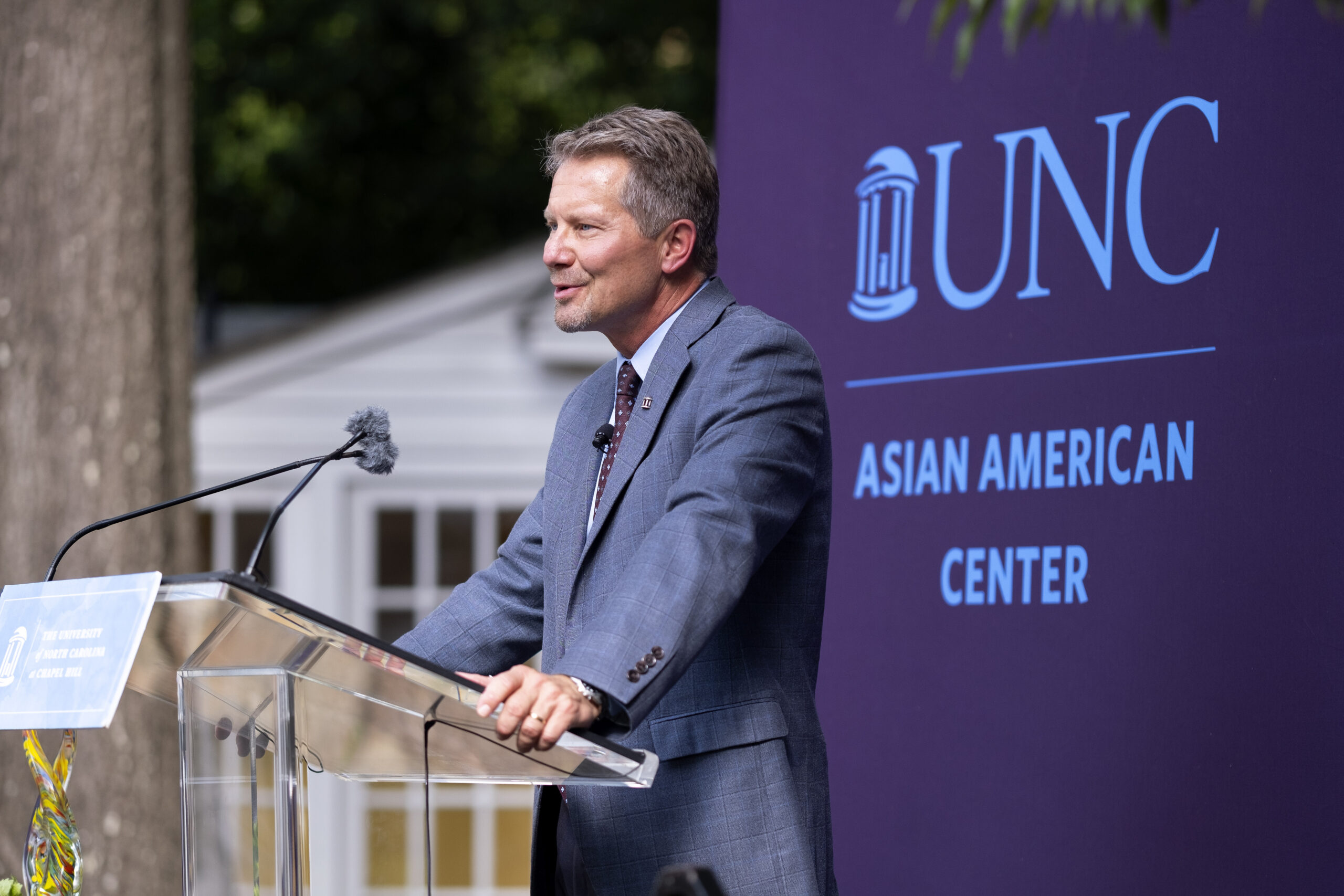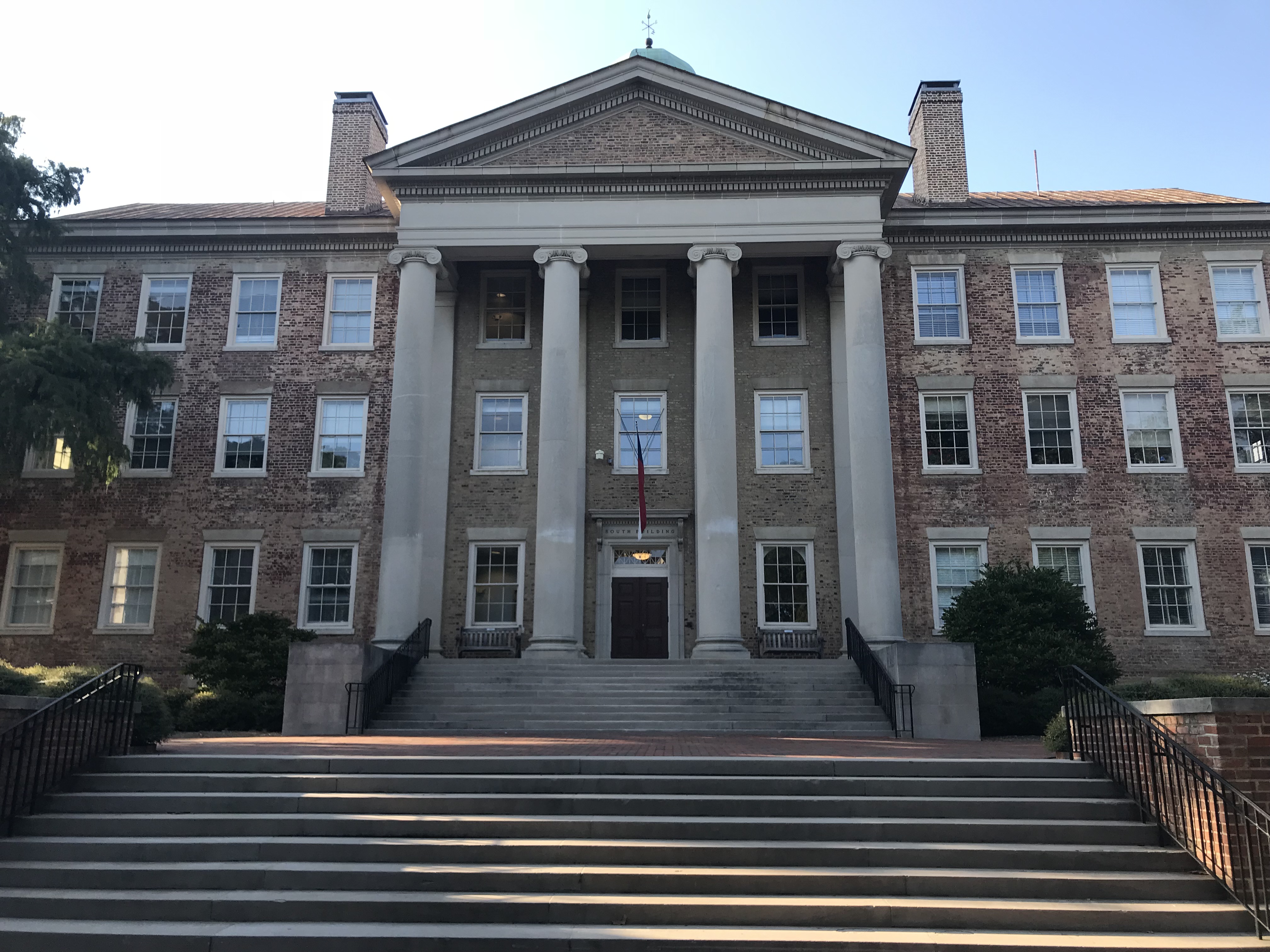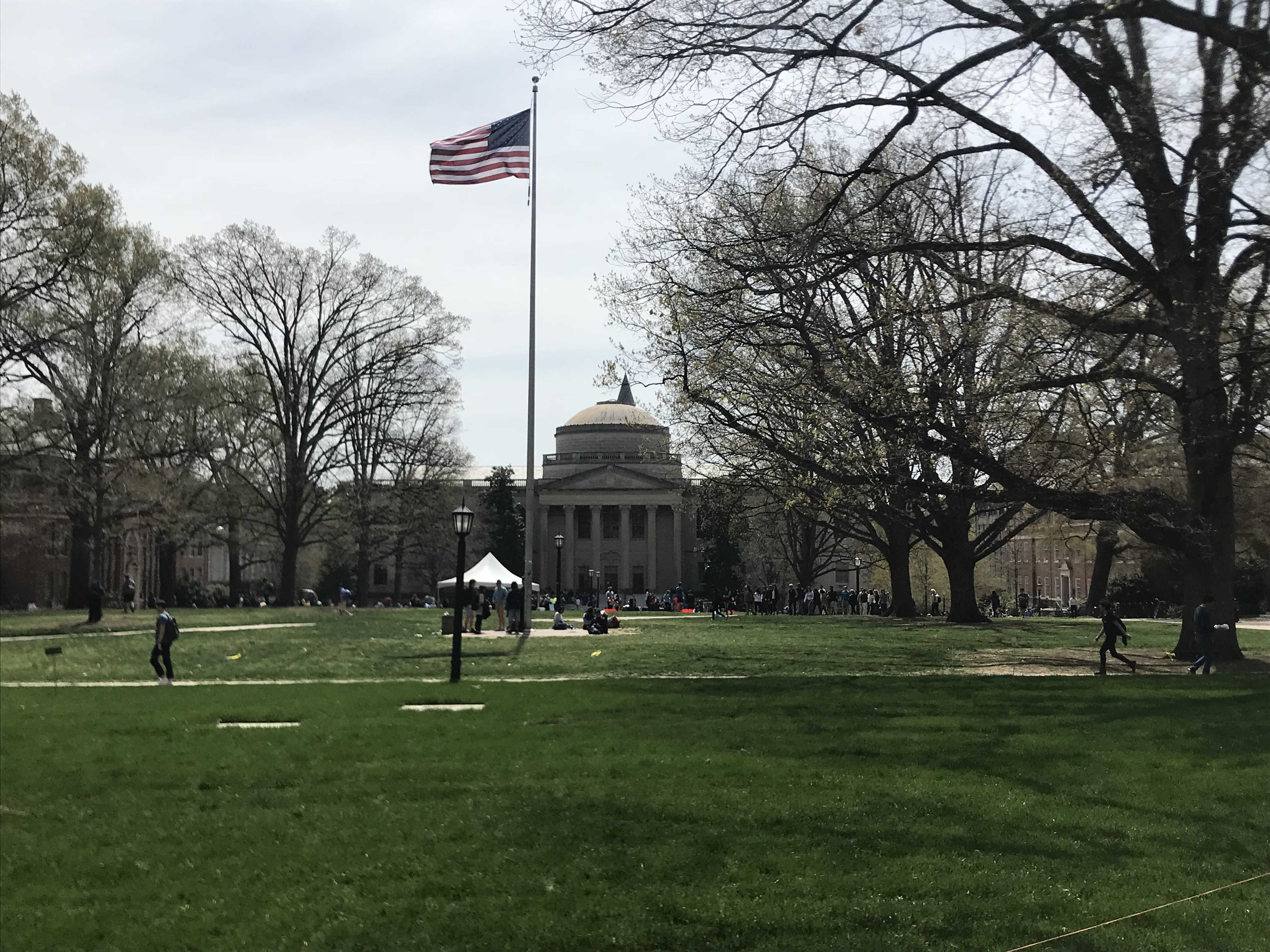The future of higher education: it’s going to be a major issue for the General Assembly this year, as well as a major issue at the national level with a new presidential administration. Colleges and universities are planning for their own futures as well, at a time of great uncertainty and significant transition.
What should tomorrow’s colleges and universities look like? How should we be devoting our resources? What should our priorities be? What should be changed, and what should remain the same?
WCHL’s Will Arrington is looking into the future of higher education this year, with perspectives from all sides of the political spectrum. In Part 3 of a series, he sits down with one local teacher whose journey has taken him from Syria to Chapel Hill.
Listen to the report.
It seems that these days you don’t go very far without finding a young person who thinks that higher education is not worth obtaining, even if it’s possible to obtain. Some say it’s not worth the cost, others say steady job training offers more opportunities. But in the case of Fayez Kurdi, higher education saved his life.
Fayez Kurdi was born in Syria under the regime of Hafez Al-Assad, father of current Syrian dictator Bashaar Al-Assad. Spending most of his early life in Damascus, he decided to leave his homeland and went to college to get an engineering degree – even though he never had any interest in being an engineer. From there, he took a job with an oil company in Abu Dhabi and waited six years for the rest of his family to find their own way out of Syria before coming to the United States. Once here, he spent several years getting another degree at NC State. Fluent in English, Spanish, and Arabic, he now teaches part time at Wake Tech and Piedmont Community Colleges.
Fayez says that under the regime, he was taught from an early age to bow and obey Hafez in a style he says resembled Stalin’s cult of personality. “They take you out any day they like to demonstrate,” he says, “to hold flowers for [Hafez]”. He says he began to question the regime around middle school – not at school, but within his family. “In my case,” he says, “I had a big family, who were more educated and more open minded and very daring.”
That made him lucky: he says most Syrians only realize the extent of the lies told by the state when they get to college – and even in college the state reaches into the curriculum. (He remembers a propagandistic “nationalistic education” course that was taught every semester.)
Fayez says he got some outside information from pirate radio like BBC Arabic, but in the mid-1990s the government cracked down on radio and television. He says the official rhetoric was that outside info was coming from “the American regime.” (He says the government’s rhetoric didn’t target the American people, simply the American government.)
Regarding his education, Fayez says many classes depended on “the teacher’s personality, [which] made a big difference”. He says the most striking difference he sees in American higher education is the emphasis on individual opinion.
“(In Syria I) was never encouraged to show opinion, even in art classes,” he says. “You only have to copy information. When I came here, from day one I (had) to give my opinion, and there’s no right or wrong”.
Fayez says that he got an education not only to further his chances of getting out of Syria but also to succeed when he did get out. “I felt that if I came to America without being prepared, without being fluent in the language, it would not be easy, (so) I should learn as much as possible,” he says. “I didn’t want to study engineering, but I struggled to finish it [and because of that was able] to decide on what to do next”.
Fayez says he’s grateful for his experience in the United States, but he still struggles to pay off his student loans. “The cost is huge,” he says. “And its not affordable to everyone. I know there are student loans…but it’s not an easy life [to pay them back].”
And like many Americans, he says he feels most proposals for reforming higher education are not detailed enough for him to pick a side. “The issue should be open to the public more.”
But he says when he hears somebody rail against the value of a higher education, “I feel sad for these people because they don’t really see what’s the best for them or their children in their future. I totally disagree with these people. If not for my education, my life would be way worse. Education saved my life”.
Clearly, perspective on the value of getting secondary education in America can vary from person to person. But in cases like Fayez Kurdi’s, the matter is quite literally a matter of life and death.






